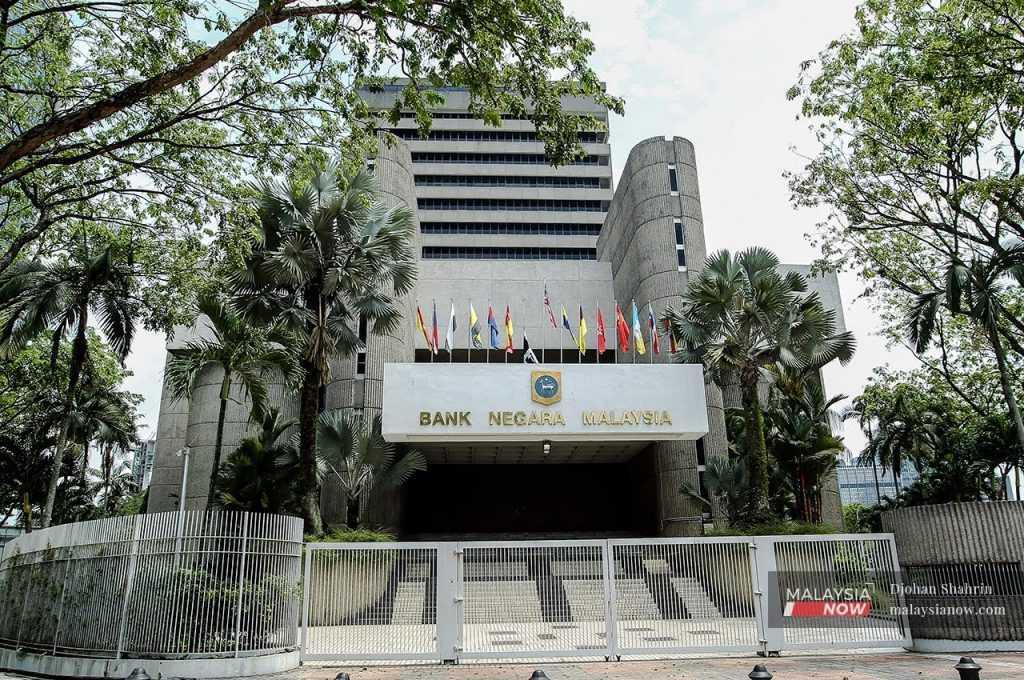The ups and downs of the OPR
Bank Negara is expected to continue increasing the overnight policy rate which currently stands at 2.75%.
Just In
The anticipation of a further increase in overnight policy rate (OPR) by the central bank at the end of the month has triggered concern among many who fear for the state of their household finances.
The OPR was lowered to a record 1.75% after the onset of Covid-19 in Malaysia in early 2020.
Last year, it was raised a total of four times by a cumulative 100 basis points to 2.75% – still below the pre-Covid rate of 3.25% seen in March 2019.
Economists expect Bank Negara to continue increasing the OPR rate to at least 3.00% this year, in line with the strengthening economic performance.
What is the OPR?
The OPR is the basic interest rate which influences the lending, financing and deposit rates of banks.
It determines the cost of bank loans and deposit returns for conventional financial products as well as Islamic finance.
Simply put, when the OPR goes up, so does the cost of loans, with borrowers forced to pay a higher amount according to the new figure.
For example, a 0.25% increase in OPR for a home loan amounting to RM500,000 with a term of 30 years will mean a RM71 increase in monthly instalment payments.
Over a course of 30 years, the borrower will have to pay an additional RM25,560 for the total interest.
"If the OPR increases by 0.75%, many individuals and households will be affected in terms of managing their expenses for food, utilities and education," Amanda Yeo, a research analyst at Emir Research, said.
But on the upside, an increase in interest rate will also encourage more people to invest in fixed deposits, to take advantage of the higher interest returns.
Who determines OPR movements?
Prime Minister Anwar Ibrahim recently said that any decision to raise the OPR lay with Bank Negara, and not with the finance ministry.
His remarks were criticised by some who said they were not in line with what he had said in July last year, when he reminded then prime minister Ismail Sabri Yaakob of the risk of bankruptcy cases following the increase in OPR at the time.
According to the Bank Negara website, it is up to the Monetary Policy Committee (MPC) to raise or lower the OPR depending on the economic situation.
"To achieve monetary stability, the MPC sets monetary policy to ensure that inflation remains low and stable which supports economic growth," it says.
Yeo meanwhile said Bank Negara did not need to increase the OPR any more but should be prepared to lower it amid talk of a looming recession.
"Delaying the OPR increase and lowering it can help households better manage their debt," she said.
Subscribe to our newsletter
To be updated with all the latest news and analyses daily.
